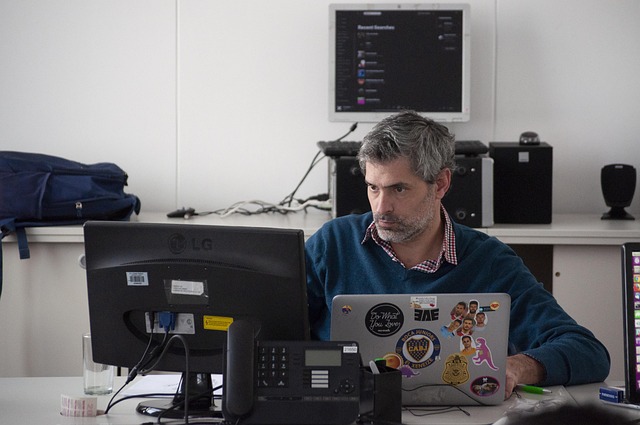Phenomenology, with its rich and intricate tapestry, offers a profound lens through which we can explore the relationship between modern philosophy and science. The heart of this exploration lies in understanding the methodology that phenomenology provides, one that invites us to look beyond the surface of phenomena to grasp their deeper significance.
Science, often viewed as a rigid and empirical discipline, thrives on methodologies that focus on observable facts and quantifiable data. However, phenomenology introduces a contrasting approach, one that emphasizes subjective experience and the inherent meanings that emerge from our interactions with the world. In doing so, it encourages scientists and philosophers alike to step back and appreciate the essence of their experiences—how knowledge is not just accumulated data, but a lived reality shaped by our consciousness.
Modern philosophy, rooted in the crises of the 20th century, has sought to rebuild a connection between the self and the external world. Philosophers such as Edmund Husserl and Maurice Merleau-Ponty have championed a methodology that challenges us to consider how our perceptions inform our understanding of scientific concepts. They argue that to truly engage with scientific inquiry, we must first analyze the structures of our consciousness that influence our observations. This journey into our subjective realm reveals a symbiotic relationship between the sciences and phenomenology—a dance between abstract concepts and lived experiences.
One could imagine a scientist peering through a microscope. While they focus on the precise measurements and calculations before them, phenomenology asks them to reflect on their experience—the excitement of discovery, the frustration of failure, and the wonder of unraveling the mysteries of the universe. This dual engagement fosters a richer understanding of what science is and can be, emphasizing that data is intertwined with personal significance and shared human experience.
Moreover, the significance of this methodology extends beyond the confines of laboratory work. In realms such as psychology, sociology, and even artificial intelligence, phenomenological approaches encourage practitioners to consider how subjective experiences inform their understanding of complex systems. By integrating phenomenology into scientific methodologies, we cultivate a holistic approach that respects human intuition and emotional insight alongside rigorous analysis.
In an ever-evolving world where scientific advancements often outpace philosophical reflection, phenomenology serves as a critical reminder. It invites us to slow down, to question, and to explore the intimate relationship between human consciousness and scientific inquiry. By employing phenomenological methodologies, we are not merely observers of reality; we engage deeply with the essence of existence, finding meaning and connection amidst the chaos of modernity.
Ultimately, the intersection of phenomenology, modern philosophy, and science presents an opportunity for growth and deeper understanding. Through this lens, we gain more than just answers; we cultivate a mindset that cherishes the nuances of experience, inspiring future inquiries that honor both the empirical and the experiential.




